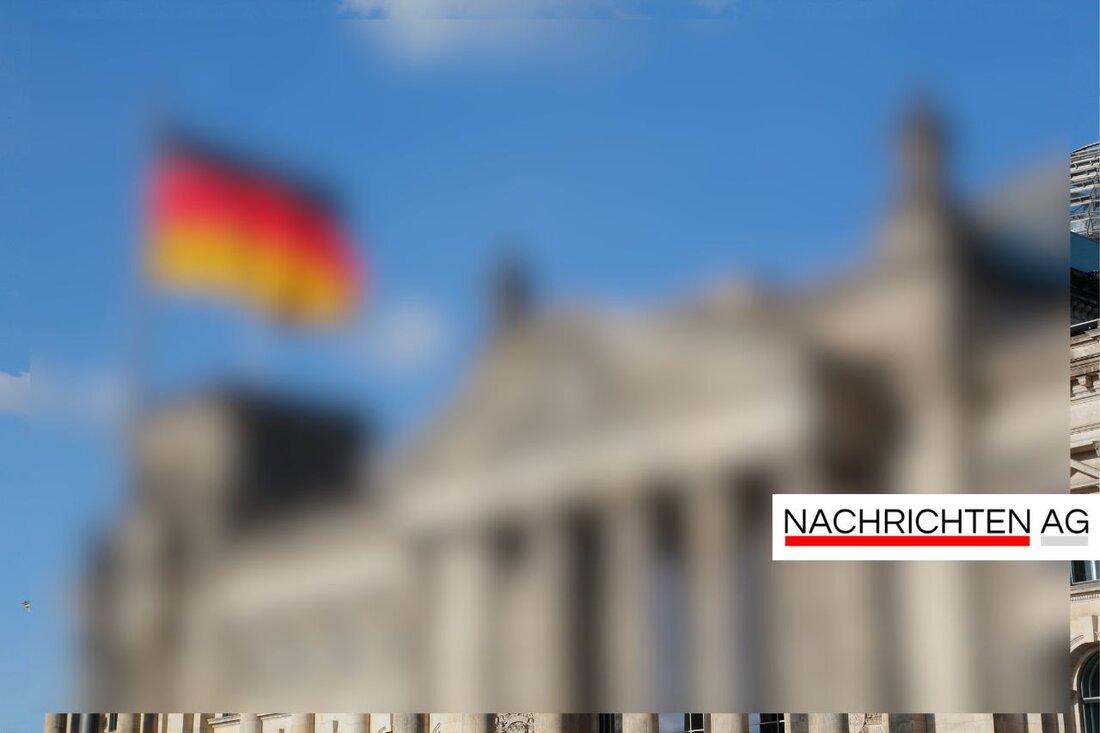Lübeck on the verge of a comeback: tram plans meet with resistance!
Lübeck discusses the reintroduction of the tram: costs, advantages and challenges in the focus of the citizens' decision.

Lübeck on the verge of a comeback: tram plans meet with resistance!
The future of mobility in Lübeck is hanging in the balance. On November 27, 2025, the citizens will vote on the reintroduction of the tram, which rolled along the tracks for the last time in November 1959. While the discussion about this important transport project is on everyone's lips, the leading politicians from the CDU, SPD, FDP and AfD have spoken out against the plans. The city administration also recommends that the plans be finally abandoned, citing the high costs and extensive construction effort associated with such a project as the main reasons.
Financial aspects play a central role in this dispute. According to estimates, the investment costs would rise to around 640 million euros. In addition, there are 171 million euros for the procurement of vehicles and 95 million euros for the construction of a depot. Comprehensive structural measures would be urgently needed to adapt the existing infrastructure. This could result in significant burdens for local residents. The administration warns of the risks and potential disruptions in the daily lives of Lübeck residents.
The advantages of the tram
In addition, a tram could improve the city and contribute to achieving climate goals. The goal of increasing the share of environmentally friendly modes of transport to 70% by 2030 would be promoted by a rail-based system. The possibility of operating the tram with renewable energy promises almost climate-neutral operation.
Public funding and support
The financial background is also important, because the federal government confirms that it supports cities and states in creating high-quality local public transport (ÖPNV). Through the Regionalization Act and the Municipal Transport Financing Act, the federal government provides significant funds to support projects such as the tram. In the current year, federal funding amounts to over 11 billion euros, with funding for public transport constantly increasing. This could also benefit the city of Lübeck if the decision is in favor of the tram. According to a report by the Federal Ministry of Transport and Digital Infrastructure, public transport plays a central role in social participation and environmental protection.
The perspective on the tram project remains ambivalent. While critics warn of the high and potentially prohibitive costs, supporters are concerned with creating a modern and environmentally friendly transport solution that could also bring financial benefits in the long term. Well-planned public transport will not only relieve congestion on the streets, but also increase the quality of life and be a step in the right direction for a city like Lübeck. However the citizens vote, the discussion about Lübeck's mobility remains lively and will keep citizens busy for a long time.
For more information on the plans for the tram in Lübeck, you can read the reporting from n-tv, the position of the Green Lübeck as well as the analyzes of the Federal Ministry of Transport track.

 Suche
Suche
 Mein Konto
Mein Konto